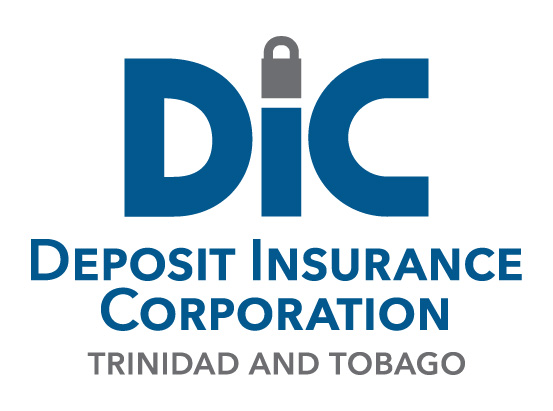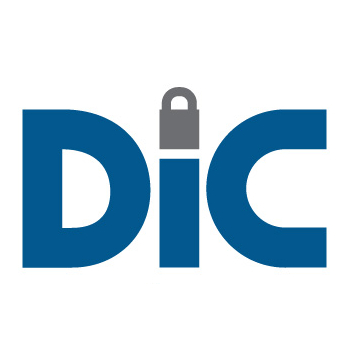The DIC determines from the records of the institution how much a depositor should be paid, based on the principal balance on account with the institution, along with interest accrued up to the date of the institution’s closure. If this amount is not what the depositor expects to receive, the depositor must then provide proof to the DIC to substantiate his or her claim.
Frequently Asked Questions
- Can a depositor leave his/her deposit with the transferee institution?
- What happens to those depositors whose accounts are subject to further examination?
- Is the insurance protection increased by placing funds in two or more types of deposit accounts in the same institution?
- Which institutions depositors are insured by the DIC?
Did You Know?
- Misconception: Establishing more than one joint account in the same institution with the same names increases insurance coverage. - Fact: All joint accounts with the same names, notwithstanding alterations to the sequence of names, are added together and insured up to a maximum of TT$200,000.




